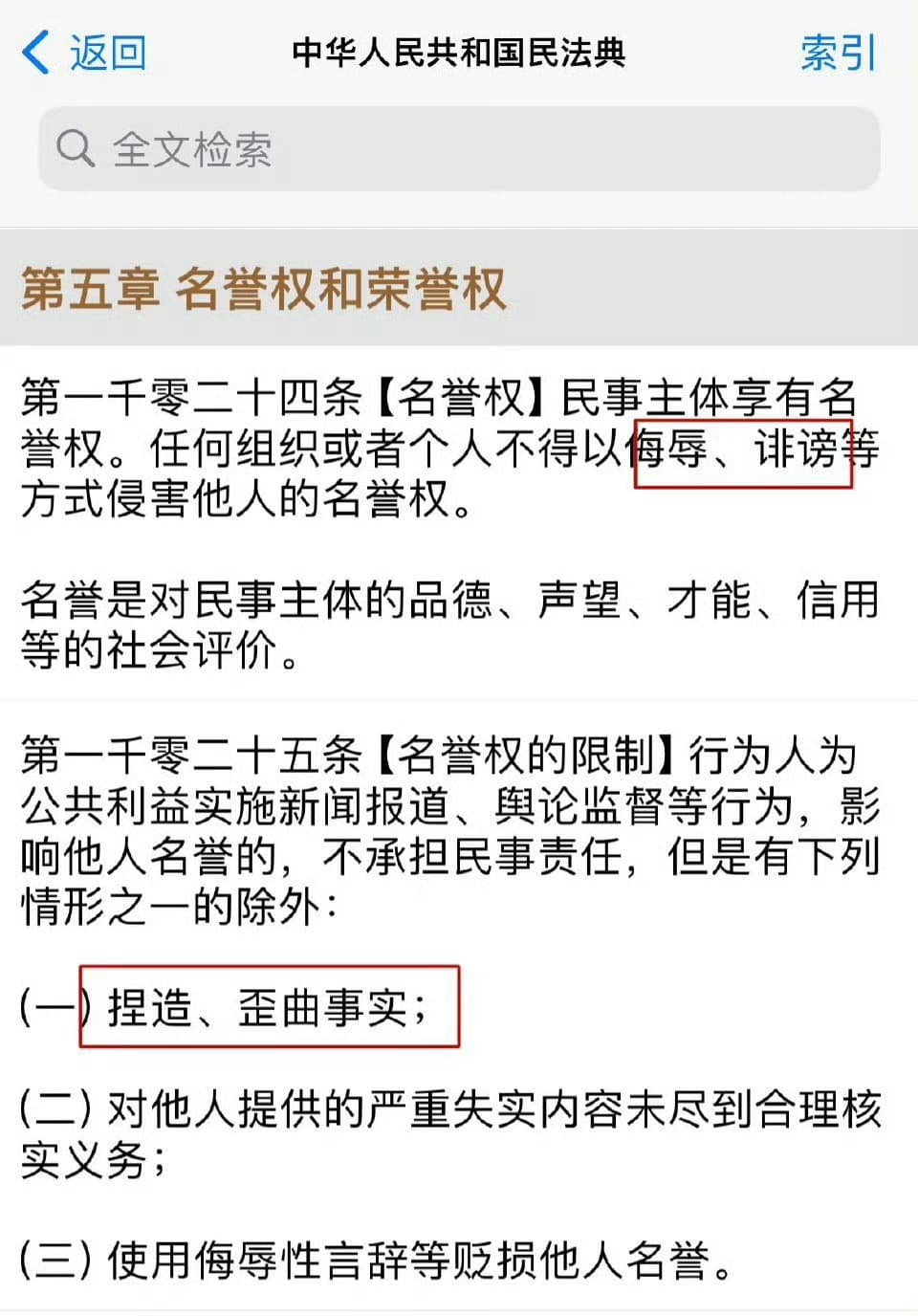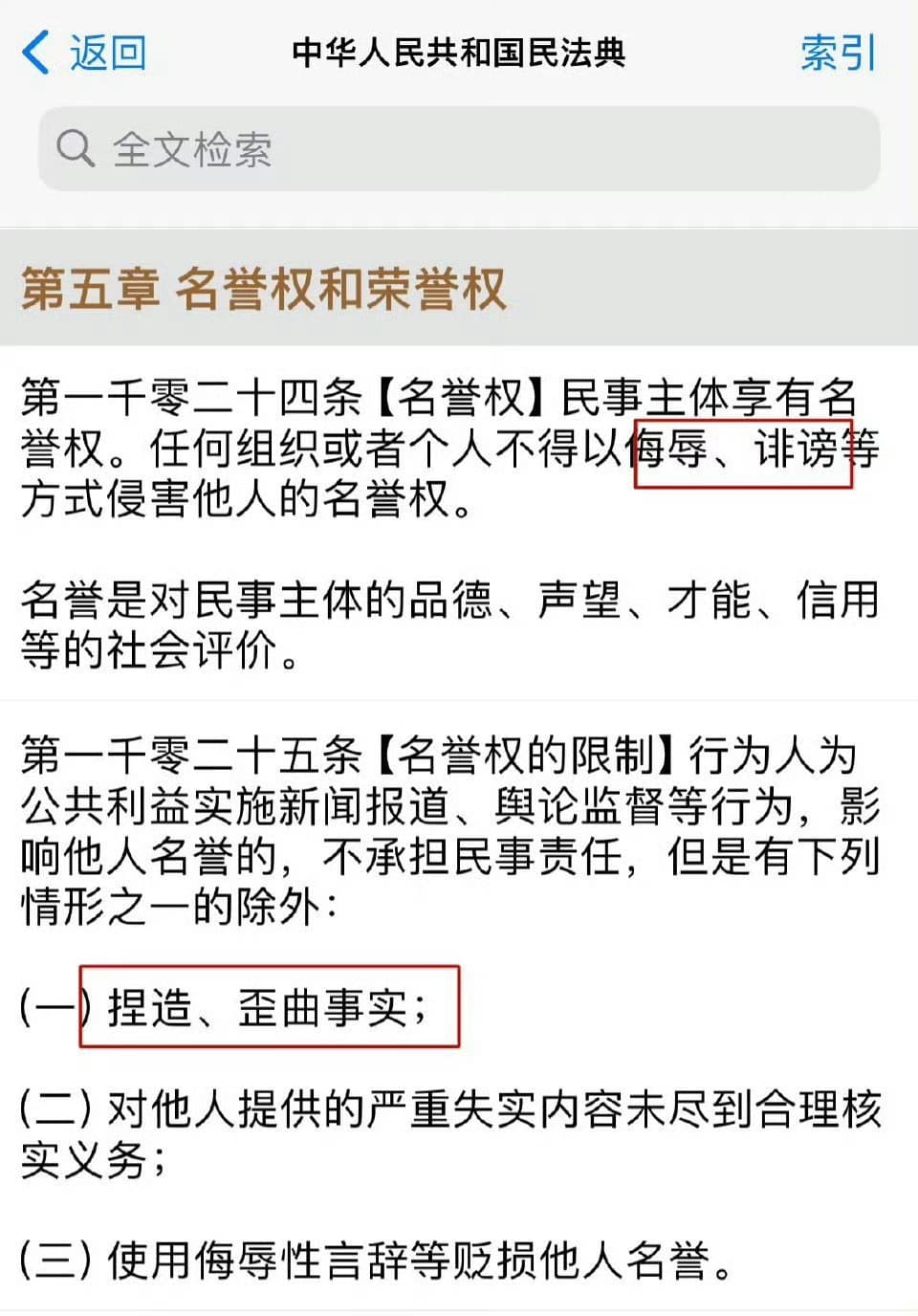Chinese Celebrity Cai Xukun Takes Legal Action Against Defamation, Sparking Debate on Free Speech and Online Reputation
Chinese celebrity Cai Xukun has taken to the courts to sue multiple individuals for infringing on his personal reputation, according to recent legal documents. The case, which is set to be heard on August 6 at the Shanghai Songjiang District People's Court, has sparked widespread debate among Chinese netizens on the importance of respecting personal reputation and the boundaries of free speech on the internet.

11 July 2024
As reported by several sources, including the legal database Tianyancha, Cai Xukun has filed a lawsuit against multiple individuals, including Dong, Deng, and Wu, for allegedly infringing on his personal reputation. The case is seen as a significant development in the ongoing debate over the limits of free speech on the internet and the need to protect individuals' personal reputation.
Chinese netizens have been quick to weigh in on the issue, with many expressing support for Cai Xukun's decision to take legal action. "Network space is a public space, but it's not a lawless place," wrote one user. "Marketing accounts and individuals, if they don't respect the law and moral boundaries, don't respect facts, and spread rumors or false information, they will only face legal punishment."

Others have echoed similar sentiments, with many calling for greater accountability and respect for personal reputation on the internet. "This is a necessary move," wrote another user. "The internet is not a place where you can say whatever you want and get away with it. There are laws and moral boundaries that need to be respected."
The case has also sparked a wider debate about the importance of fact-checking and responsible behavior on the internet. "Some people think they can just say whatever they want on the internet and get away with it, but that's not true," wrote one user. "There are consequences for spreading false information and damaging someone's reputation."
However, not all netizens have been supportive of Cai Xukun's decision. Some have expressed concerns that the lawsuit could have a chilling effect on free speech and open discussion on the internet. "This is not the right way to handle things," wrote one user. "Why can't Cai Xukun just ignore the rumors and focus on his work instead of taking people to court?"
The case has also highlighted the importance of Article 1024 of the Chinese Civil Code, which states that "any organization or individual may not infringe on another person's reputation through means such as insult, slander, or other methods." The code also outlines the limitations of free speech, including the prohibition on spreading false information or using abusive language.
As the case continues to unfold, it is likely to have significant implications for the way individuals and organizations approach online discourse and reputation management in China. The debate surrounding the case has already sparked a wider conversation about the need for greater accountability and respect for personal reputation on the internet.
"This is a wake-up call for all of us," wrote one user. "We need to be responsible for what we say and do on the internet, and respect the law and moral boundaries. Otherwise, we will face the consequences."


